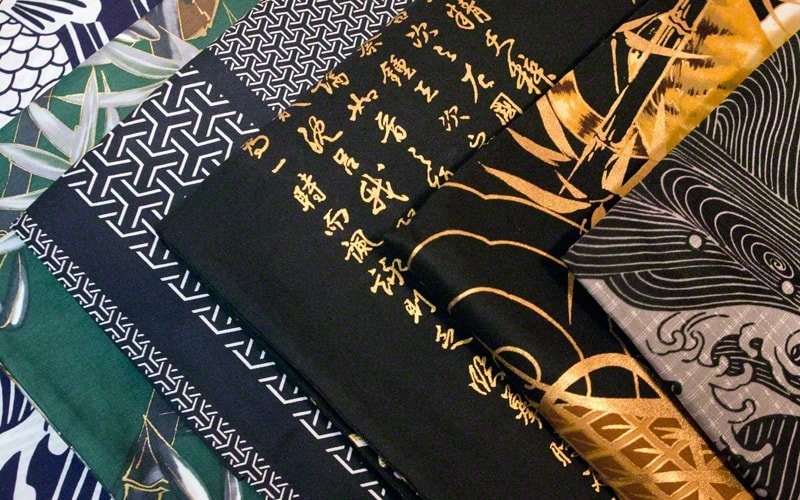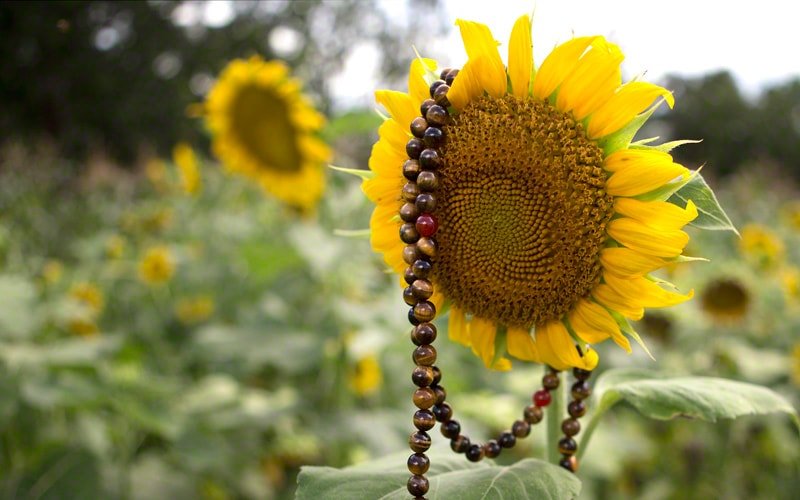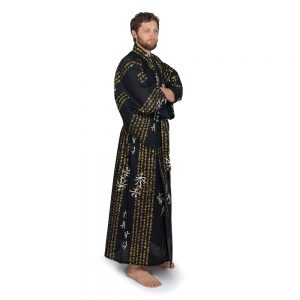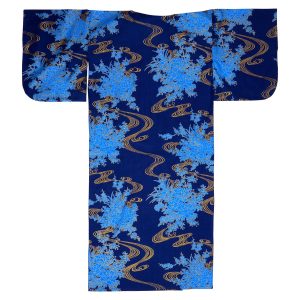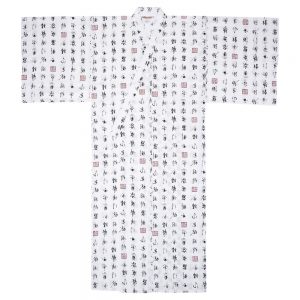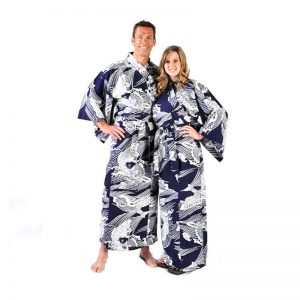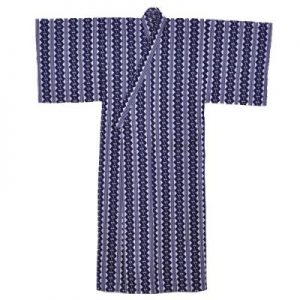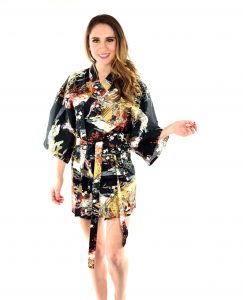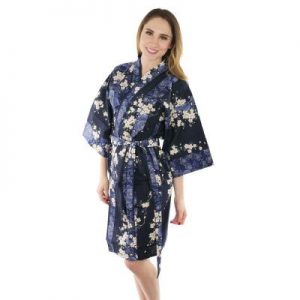Kimonos are a popular item of clothing in Japan, and they can be quite versatile. If you’re interested in learning more about kimonos, or in buying one for yourself, it can be helpful to get some advice from a pro. In this blog post, we’ll learn about kimonos from a professional who knows all there is to know about them.
Ron Irving is the Managing Partner of Chopa – Your Kimono Source. Established in 1994, Chopa continues to be a leading provider of authentic Japanese Kimonos and Yukata robes. Ron recently sat down for a one-on-one interview for a live audience at a business trade exhibition. We are proud to publish some excerpts from this fascinating interview.
How did you first get interested in Japanese kimonos?
“I first became interested in Japanese kimonos when I saw one in a store. It was so beautiful and different from anything else I had seen before. It was amazing the way it flowed when the woman wearing it moved. I was curious about the culture and history behind it, so I did some research and found out that Japanese kimonos are made of silk and are worn for special occasions.
While researching these robes, I learned that there are two types of kimonos: yukata and kimono yukata. Yukata are made of lighter fabric and are usually worn during summer festivals, while kimono yukata are made of heavier fabric and are worn during winter festivals. I was fascinated by all the different colors and patterns, and I knew that I wanted to learn more about Japanese kimonos. Even though I don’t live in Japan, I decided to buy a yukata so that I could experience the culture for myself. Every time I put on my yukata; I feel like I’ve been transported to another world.”
What is your favorite thing about Japanese kimonos?
“There are so many things to love about Japanese culture, but Japanese kimonos are my favorite thing. I love the way they are both traditional and modern, and I love the way they can be either simple or ornate. I also love the way that kimonos can be worn for both casual and formal occasions. My favorite kimono is my yukata, which is a casual kimono made of cotton. I love how comfortable it is, and I love how many compliments I receive.
My closet also contains a few semi-formal kimonos, which I wear for special occasions. Putting one on always makes me feel like a warrior or elite statesman when I wear them. Japanese kimonos are truly a work of art, and I am grateful to be able to wear them. I am even more grateful to be able to share my love of the kimono with others by operating Chopa – Your Kimono Source.”
Do you think kimonos will continue to be popular in the future?
“The Japanese kimono is a traditional garment with a long history. dating back to the 8th century. Because kimonos have been around for centuries, it is highly doubtful they will be going out of style any time soon. Today, kimonos are not only an iconic part of Japanese history, but they are also part of world history.
While they were once only worn on special occasions, nowadays it is not uncommon to see people wearing kimonos as everyday clothing. Many Japanese fashion brands have begun releasing their lines of kimonos, which has helped to increase their popularity even further. They have also been embraced by the youth culture in Japan and overseas.”
How Often Do You Wear Them?
“I love wearing yukata, and I wear one at least five times a week during the summer months. It is a treat to come home from work or a day out, take a soothing shower, and slip into my yukata. It instantly relaxes me and any stress I had is gone. It’s a great way to stay cool while still looking stylish.
Plus, it’s always fun to get dressed up in traditional Japanese clothing In the cooler months it varies, but most people that know me are never surprised when they pop over and I am in my kimono or yukata when I answer the door. I love the short-length Happi Coats in the summer. Whether I am watering my plants on the patio, doing a little clean-up around the house, or sitting by the pool, it becomes a part of me.”
This is Part one in a series. Ron Irving has been managing Chopa for many years and his understanding of the kimono has been so beneficial to our company and our customers. Shop our online store 24 hours a day. Check back again soon for Part 2 of his interview.

